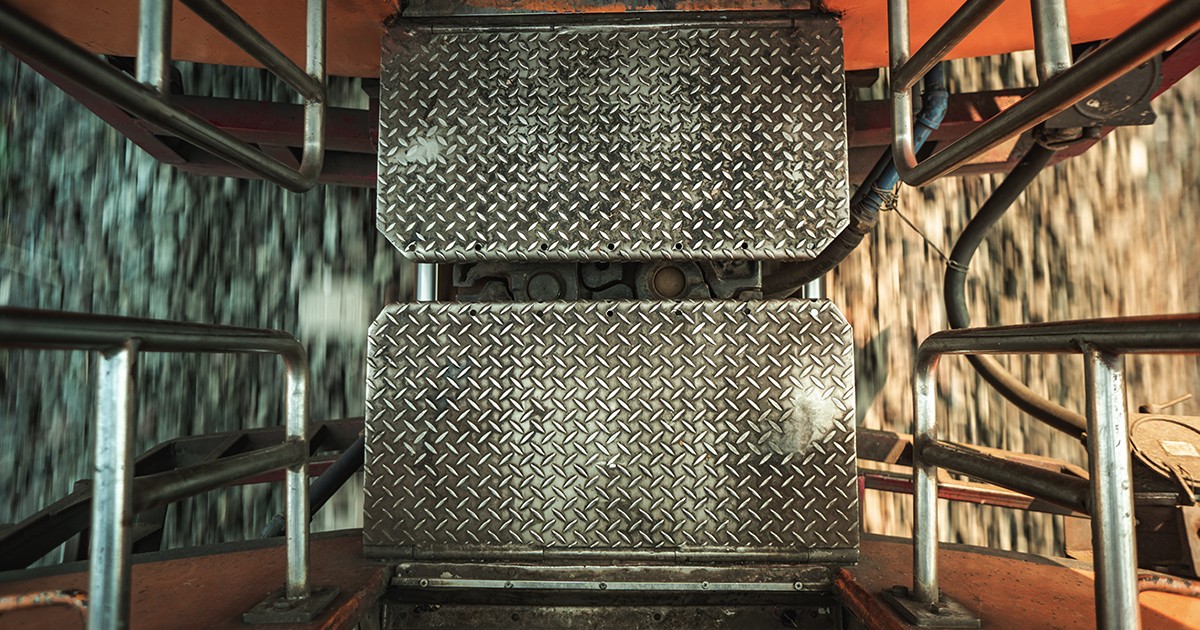
By Lynn Gilbert
In this barren crossroads north of Amarillo,
near what was Shell’s aircraft-fuel refinery
that my engineer father helped design,
I find the battered duplex I’ve come to visit,
where my parents last lived together and I
with them. After my infant sister died.
They’d been separated, but Mom
gave it one last try, journeying by train
from Ohio to Texas; I lost my Indian doll
in Chicago. Down the rutted street
there’s a cantina now and a carnicería
that I’m sure were not there then.
Strange that these wartime quarters
still stand, shedding paint,
and are lived in; they were built to be
temporary, as her and my stay
turned out to be. The Panhandle grit
blew in through every crevice
and nothing worked but the War.
As we had come, she and I went back
by train; three days and two nights
we sat up with the olive-drab draftees
in a packed coach car, everyone harried
but friendly. Coal soot filtered onto
the window sills. I was deathly afraid
of crossing the open-air couplings
between cars—how hard the door was
to open and then flipped back at me;
the rush of wind, the ground flashing by
beneath, the rackety motion that threatened
to throw me sideways onto the tracks.
As for houses, grief split the frame
of our every dwelling thereafter.